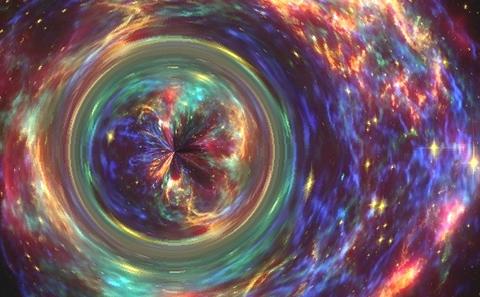Gravity seminar - Robert Ferdman Seminar

- Time:
- 12:00 - 13:00
- Date:
- 23 November 2017
- Venue:
- 54/7033(7C)
For more information regarding this seminar, please email David Tsang at d.tsang@soton.ac.uk .
Event details
Probing the evolution of double neutron star binary systems with pulsar observations
The evolution and formation of double neutron star (DNS) binary systems differ in ways that can leave detectable signatures through pulsar observations. In particular, the supernova that leaves behind the second-formed NS can be broadly categorised by its symmetry. Here, asymmetric supernovae are generally the violent, high mass-loss, large-kick events that have traditionally been ascribed to NS formation. In contrast, symmetric supernovae usually proceed on a sufficiently fast timescale, so as to avoid the instabilities that result in the asymmetric events. Examples of candidates for these are electron-capture supernovae, or the collapse of ultra-stripped helium-star cores. In this talk I compare and contrast the properties and analyses of several pulsars in DNS binaries. The determination of their properties, such as mass, proper motion, and spin geometry, give us evidence about their formation and evolutionary channels, and particularly the supernova progenitors of which they are the remnants. The study of DNS systems is of course interesting in its own right; additionally, distinguishing the different evolutionary pathways for known DNS system is important for predicting source counts for pulsar surveys and searches, as well as for gravitational wave experiments such as Advanced LIGO and VIRGO, which are particularly sensitive to coalescing DNS systems.
Speaker information
Robert Ferdman, University of East Anglia.